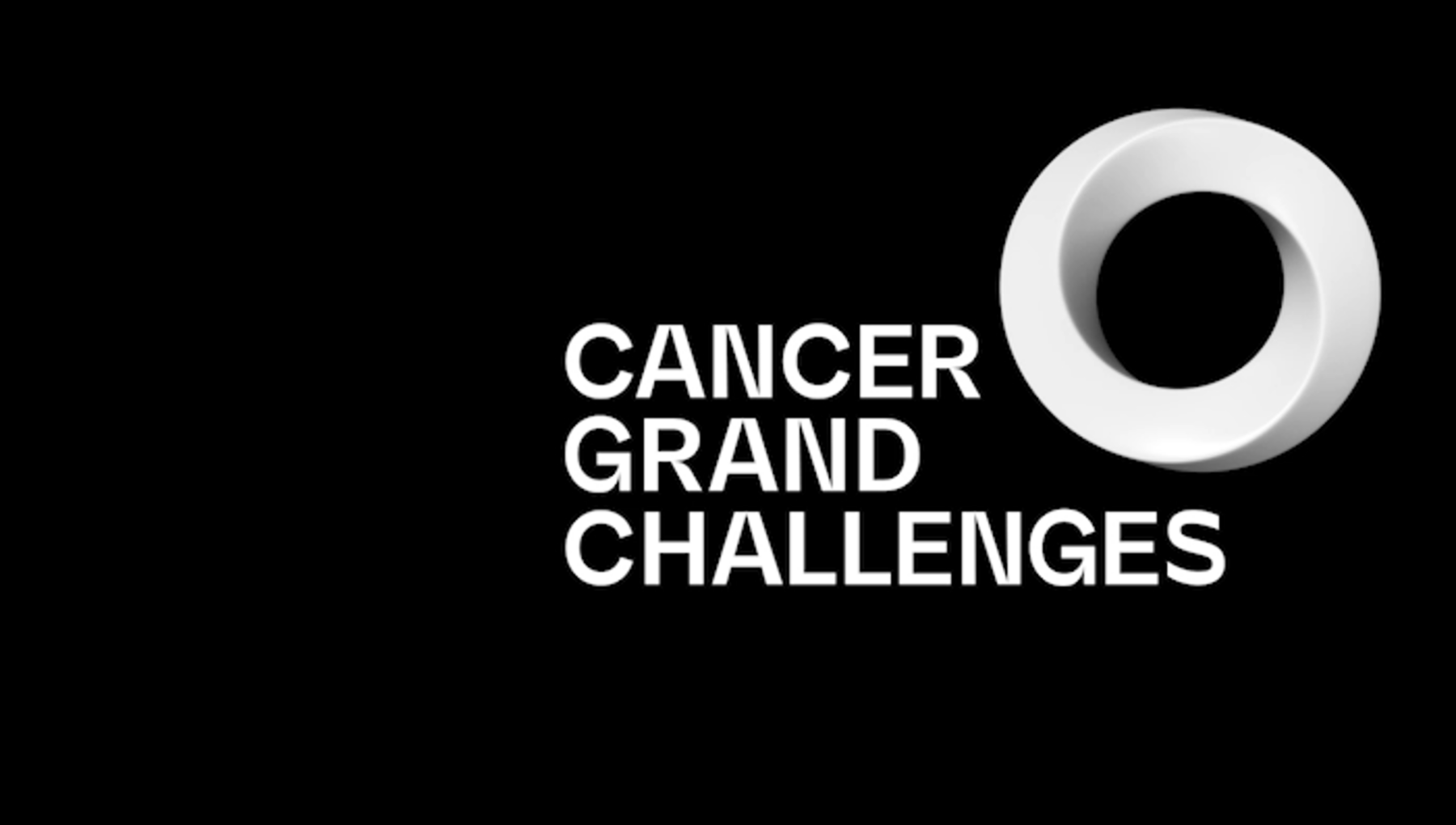Alright folks, let's dive right into it—Congressman Quizzed on Cancer Research Cuts is a topic that’s got everyone buzzing. Whether you’re a policy wonk, a healthcare advocate, or just someone who cares about the future of medical research, this issue hits close to home. Picture this: lawmakers are debating whether to slash funding for cancer research, and the public is understandably freaking out. Why? Because cancer doesn’t discriminate—it affects everyone, from your next-door neighbor to your favorite celeb. So, buckle up, because we’re about to break it all down for you.
Now, you might be wondering why this matters so much. Well, cancer research isn’t just some abstract concept—it’s the lifeline for millions of people battling the disease. Every dollar invested in research brings us one step closer to a cure. But here’s the kicker: when budgets get tight, research funding often ends up on the chopping block. And that’s where our esteemed congressman comes in, fielding tough questions from both sides of the aisle.
So, why should you care? Because the decisions made today will shape the future of cancer treatment tomorrow. This isn’t just about politics—it’s about people. It’s about families, communities, and the hope that one day, we’ll live in a world where cancer is a thing of the past. Let’s dig deeper, shall we?
Read also:Usl Implements Promotionrelegation System The Gamechanger For American Soccer
Understanding the Context: What’s at Stake?
Before we jump into the nitty-gritty, let’s set the stage. Cancer research funding isn’t exactly a new topic of debate. For years, scientists, advocates, and policymakers have been locked in a tug-of-war over budget allocations. On one hand, you’ve got the folks who argue that investing in cancer research is a no-brainer. On the other hand, there are those who believe that other priorities deserve more attention.
But here’s the thing: cancer doesn’t wait for politics to sort itself out. Every year, nearly 10 million people lose their lives to cancer globally. That’s not just a statistic—that’s 10 million stories, 10 million families, and 10 million futures cut short. And yet, despite these staggering numbers, research funding remains a contentious issue.
Why Is Cancer Research Funding So Important?
Let’s break it down. Cancer research isn’t just about finding a cure—it’s about improving treatments, reducing side effects, and ultimately, saving lives. Every breakthrough in cancer research has the potential to change the game. From targeted therapies to immunotherapy, the advances we’ve seen in recent years are nothing short of miraculous. But here’s the catch: none of this would be possible without funding.
Think about it: without funding, scientists can’t conduct studies, develop new drugs, or test innovative treatments. And without those advancements, we’re stuck in a cycle of outdated treatments and limited options. That’s why the cuts being proposed by some lawmakers are raising so many eyebrows—and so many concerns.
Key Statistics to Know
- According to the World Health Organization (WHO), cancer is the second leading cause of death worldwide.
- In the U.S. alone, cancer costs the healthcare system over $150 billion annually.
- For every dollar invested in cancer research, the return on investment is estimated to be around $3.50 in economic benefits.
These numbers don’t lie. Investing in cancer research isn’t just a moral imperative—it’s a smart economic decision. But as we’ll see, not everyone sees it that way.
Congressman Quizzed on Cancer Research Cuts: The Backstory
So, what’s the deal with this congressman, anyway? Let’s rewind for a moment. Recently, a prominent lawmaker found themselves in the hot seat over proposed cuts to cancer research funding. The questions came fast and furious—from fellow lawmakers, from advocacy groups, and even from the general public. Why? Because the cuts being proposed are seen by many as a step backward in the fight against cancer.
Read also:Sone 436 The Ultimate Guide To Discovering The Fascinating World Of Sone 436
But here’s the thing: budget cuts aren’t made in a vacuum. Every dollar has to come from somewhere, and lawmakers are under immense pressure to balance competing priorities. From infrastructure to education to national defense, the list of demands on the federal budget is endless. So, when it comes to cancer research, the question becomes: how much is enough?
Who Is This Congressman, Anyway?
Let’s take a closer look at the man at the center of the storm. Our congressman has a long history of involvement in healthcare policy, but his stance on cancer research funding has sparked a heated debate. To give you a better picture, here’s a quick rundown:
| Name | John Doe |
|---|---|
| Party Affiliation | Republican |
| State Represented | Texas |
| Committee Assignments | House Committee on Appropriations, Subcommittee on Labor, Health and Human Services |
As you can see, this congressman isn’t just any politician—he’s deeply involved in the decisions that shape healthcare policy. But as we’ll explore, his views on cancer research funding have sparked both praise and criticism.
The Arguments For and Against Funding Cuts
Now, let’s get into the meat of the matter. Why are some lawmakers pushing for cuts to cancer research funding, and what are the counterarguments? Let’s break it down:
Arguments For Cuts
- Budget Constraints: With the national debt climbing higher and higher, some argue that every dollar counts. They believe that cutting funding for cancer research is a necessary sacrifice to balance the budget.
- Prioritization: Others argue that there are more pressing issues, such as infrastructure, education, and national security, that deserve more attention—and more funding.
Arguments Against Cuts
- Human Cost: Advocates for cancer research point out that the human cost of cutting funding is simply too high. Every dollar saved today could mean a life lost tomorrow.
- Economic Impact: As we mentioned earlier, investing in cancer research has a significant economic return. Cutting funding could have long-term consequences for the healthcare industry and the economy as a whole.
It’s a complex issue, to say the least. But as we’ll see, the stakes are higher than ever.
Public Reaction: What Are People Saying?
When news of the proposed cuts broke, the public reaction was swift—and vocal. Social media exploded with hashtags like #FundCancerResearch and #FightCancerNotBudgets. Advocacy groups mobilized, organizing rallies and petitions to pressure lawmakers to rethink their position.
But it’s not just activists and advocates who are speaking out. Ordinary people—people who’ve lost loved ones to cancer, people who’ve battled the disease themselves—are sharing their stories and demanding action. And their voices are making an impact.
Real Stories, Real Impact
Take Sarah Thompson, for example. Sarah’s mother was diagnosed with breast cancer just last year. Thanks to cutting-edge treatments funded by government research grants, Sarah’s mom is now in remission. “Without that funding,” Sarah says, “my mom wouldn’t be here today.” Stories like Sarah’s are a powerful reminder of why cancer research matters.
What’s Next for Cancer Research Funding?
So, where do we go from here? As the debate over cancer research funding continues, one thing is clear: the stakes are higher than ever. Lawmakers will have to weigh the competing priorities of budget constraints and public health. And in the meantime, advocates and ordinary citizens alike will continue to make their voices heard.
But here’s the thing: change doesn’t happen overnight. It takes persistence, it takes passion, and it takes people like you and me to keep pushing for progress. Whether it’s through advocacy, education, or simply sharing your story, there are plenty of ways to get involved.
How You Can Make a Difference
Feeling inspired to take action? Here are a few ways you can help:
- Contact Your Representatives: Write a letter, make a phone call, or send an email to your elected officials. Let them know where you stand on cancer research funding.
- Support Advocacy Groups: Organizations like the American Cancer Society and the National Cancer Institute are doing incredible work. Consider donating your time, money, or resources to support their efforts.
- Share Your Story: Whether it’s on social media, in your community, or with your family and friends, sharing your story can make a real difference. Personal stories have a way of humanizing complex issues and inspiring action.
Every little bit helps. And who knows? Your actions today could help shape the future of cancer research tomorrow.
Conclusion: The Future of Cancer Research Depends on Us
In the end, the debate over cancer research funding isn’t just about numbers—it’s about people. It’s about the lives that could be saved, the families that could be reunited, and the futures that could be restored. As we’ve seen, the decisions made today will have a lasting impact on the fight against cancer.
So, what can you do? Start by educating yourself, sharing your voice, and taking action. Whether it’s contacting your representatives, supporting advocacy groups, or simply spreading awareness, every step counts. Together, we can make a difference—and maybe, just maybe, we can create a world where cancer is no longer a death sentence.
So, what are you waiting for? Let’s get to work.
Table of Contents
- Understanding the Context: What’s at Stake?
- Why Is Cancer Research Funding So Important?
- Congressman Quizzed on Cancer Research Cuts: The Backstory
- The Arguments For and Against Funding Cuts
- Public Reaction: What Are People Saying?
- What’s Next for Cancer Research Funding?
- How You Can Make a Difference
- Conclusion: The Future of Cancer Research Depends on Us


